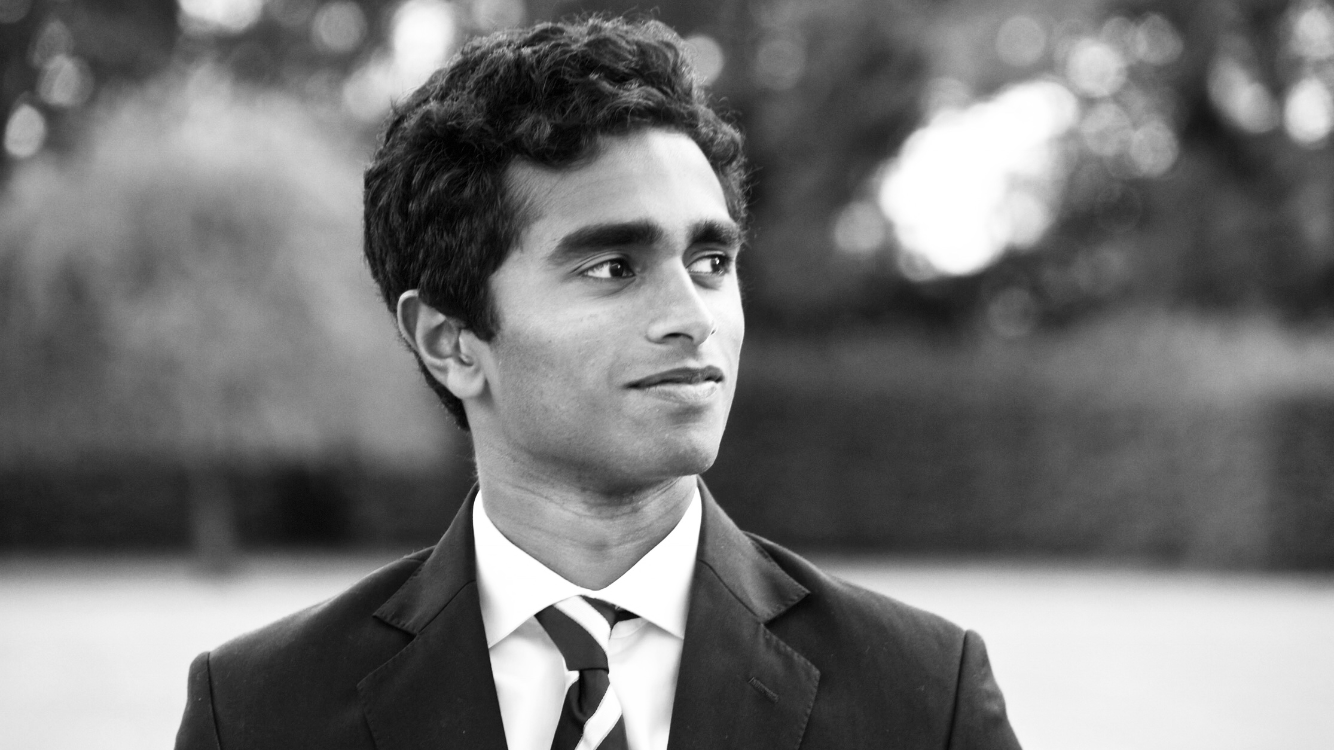
At its core, clinical research is about leveraging team work to creatively solve high impact problems. Often clinicians see this as their opportunity to be the ultimate advocate for their patients, rising above the day to day battles of ward care to win the war against a clinical problem. As a medical student in London, my first taste of this was with a team of bioengineers at a cardiac modelling group at the Evelina Children’s Hospital.
One in 100 children are born with heart defects. The severity of lesions can range from those that can be left to heal by themselves to those that require correction with open heart surgery. Our research group, led by Dr Pablo Lamata, looked at using advanced image analysis and simulation to better plan for a subset of corrective surgeries. Specifically, we designed a planning software which produces 3D printed templates for tissue graft reconstruction of underdeveloped blood vessels. In short, this is an opportunity to apply cutting edge technology to a surgical problem with profound long-term implications.
After the initial cycle of ideation and prototyping, I quickly realised that getting the software into routine clinical use requires a very different skillset to what we knew. Academic support and traction would only take us so far. If we wanted this to be more than a research collaboration, we needed to start sizing up the opportunity like management consultants. Whilst the technology is sound and the clinical need clear, its use must be cost effective and improve quality of care.
This brings us to the ‘Catch 22’ that all founding teams inevitably face: you need funding to validate your assumptions, but your assumptions need to be validated before you can raise funding. Whilst the lean methodology is an elegant step around this for consumer tech, the rules are very different for therapeutics and medical devices. Before even starting to untangle this problem you need to ask yourself (as every Medium article and podcast will remind you) is the prize worth it?
Shortly before starting as a junior doctor at Addenbrooke’s I was serendipitously told about the EnterpriseTECH PhD+ programme. The feasibility study fit perfectly with our need to better understand the market, costs saving potential and regulatory hurdles. Further, as a young entrepreneur, it was a great opportunity for me to learn about conducting market research, modelling and drawing conclusions from commercial data. The work was central to understanding whether a sustainable business could be built around the problem.
Working with the team of five PhD students was exceptional at every stage. From day one, I could tell that every single person was curious, open to discussion and genuinely passionate about the entrepreneurial journey. As a MedTech entrepreneur it’s very easy to focus too much on clinical validation. The product is just one aspect of finding product-market-fit and understand the market is in many ways more important. The team’s approach of looking beyond clinical validation to every step needed to bring the product to market was a very welcome perspective. This also proved a valuable competitive edge for our successful application to the Trinity Bradfield prize during the program.
The experience was ultimately made by the team. We were lucky to have resonated so well with each other and that meeting never really felt like work. Both I, as the inventor, and the team were willing to work out of the set framework of meetings and coursework, which made the experience much richer. Even since the programme has ended, the team are still involved in the project and will have key roles on the founding team. The EnterpriseTECH programme allowed me to understand my target market in granular detail and put me in touch with exceptional talent who will play a pivotal role in the formation of the company.
Two months later, we entered the Cambridge Judge Entrepreneurship Centre’s MedTech Ventures Competition with a significantly stronger go-to-market strategy. Using data from the EnterpriseTECH report, we managed to put together a thorough pitch for Congenita which won the competition. The £10,000 prize and place on Accelerate Cambridge has given us the injection we need to test some of our key hypotheses and raise investment.
The infrastructure that supports Cambridge entrepreneurs at Cambridge Judge has given us ample opportunity to network, learn more about our market and where our product fits into it. One of the main reasons I chose to do my foundation training in Cambridge was to learn from the Silicon Fen’s rich entrepreneurial culture – and it turns out I was very right to do so.



Jesse Kumar
Amazing technology and innovation.